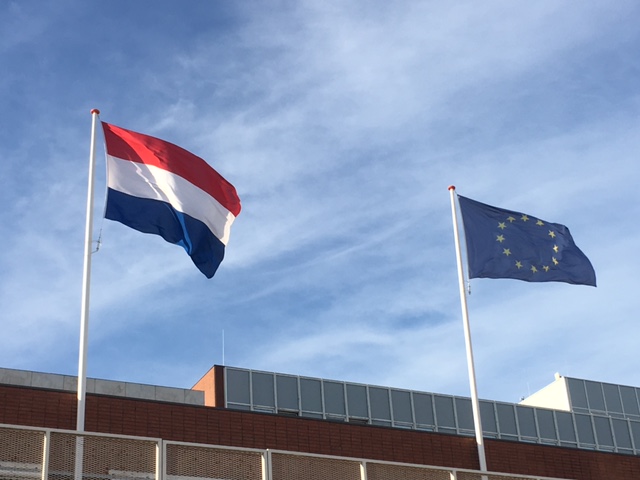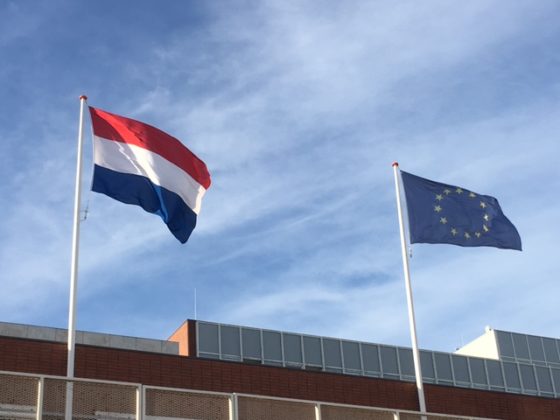Eurozone countries need to increase economic integration, says Dutch central bank chief


The 19 EU member states which are members of the eurozone will have to integrate their economies more closely and share more risk to avoid a possible collapse of the currency, Dutch central bank chief Klaas Knot said in a lecture on Tuesday.
Without further integration, economic inequality between eurozone countries will increase, there will be more debt crises and more emergency aid, and a downturn in prosperity, Knot said in the annual HJ Schoo lecture, organised by Elsevier magazine.
Politicians, Knot said, should encourage support for further European integration. ‘The benefits of the internal market for the Netherlands are between €6,000 and €10,000 per household a year,’ Knot said. ‘We earn a decent income thanks to the European single market.’
Nevertheless, it is Dutch industry rather than the man in the street who benefits most from free trade, the euro and the single market, he said. ‘If a large part [of the population] see Europe primarily as a party for companies, with few advantages for their own pockets, then support for the European project will be undermined,’ he said.
Support for the European project is also an issue in southern countries such as Greece and Italy, which have profited far less from the euro, Knot said.
De onvolkomenheden in de #EMU zijn niet zoals het #coronavirus zomaar vanuit het niets over ons gekomen. We hebben ze zelf gecreëerd. En dat betekent dat we ze ook kunnen repareren. Lees hier wat daar voor nodig is: https://t.co/5hZ4fkIP2v
Dank voor het kijken! #Schoolezing pic.twitter.com/K1mkNBHGH2
— Klaas Knot (@KlaasKnot) September 1, 2020
These countries, he said, are unable to devalue their currencies to keep their products competitive against Dutch ones – something which happened regularly before the introduction of the euro.
Cure
The €750bn coronavirus support package which was put together this summer is an important step in redressing the balance, Knot said.
A second step would be to make sure individual country budgets are more in line with each other. And countries with high levels of debt should improve their efforts to reduce this in line with countries with lower debts when the economic situation is promising, he said.
In addition, by better coordinating economic policy between the various eurozone members, weaker countries could reform to boost their competitiveness. ‘This would be good for their exports, for their growth and jobs, and to manage their state debts,’ Knot said.
At the same time, strong countries such as the Netherlands should insure their populations have more disposable income. ‘This is not only good for households, but will ensure strong countries import more,’ he said.
In terms of the Netherlands, he said, ‘it would be good if we could look at our tax system critically so that the tax on labour is reduced and people in jobs get bigger pay packets.’
Sourced from from the NOS report and DNB twitter feed
Thank you for donating to DutchNews.nl.
We could not provide the Dutch News service, and keep it free of charge, without the generous support of our readers. Your donations allow us to report on issues you tell us matter, and provide you with a summary of the most important Dutch news each day.
Make a donation